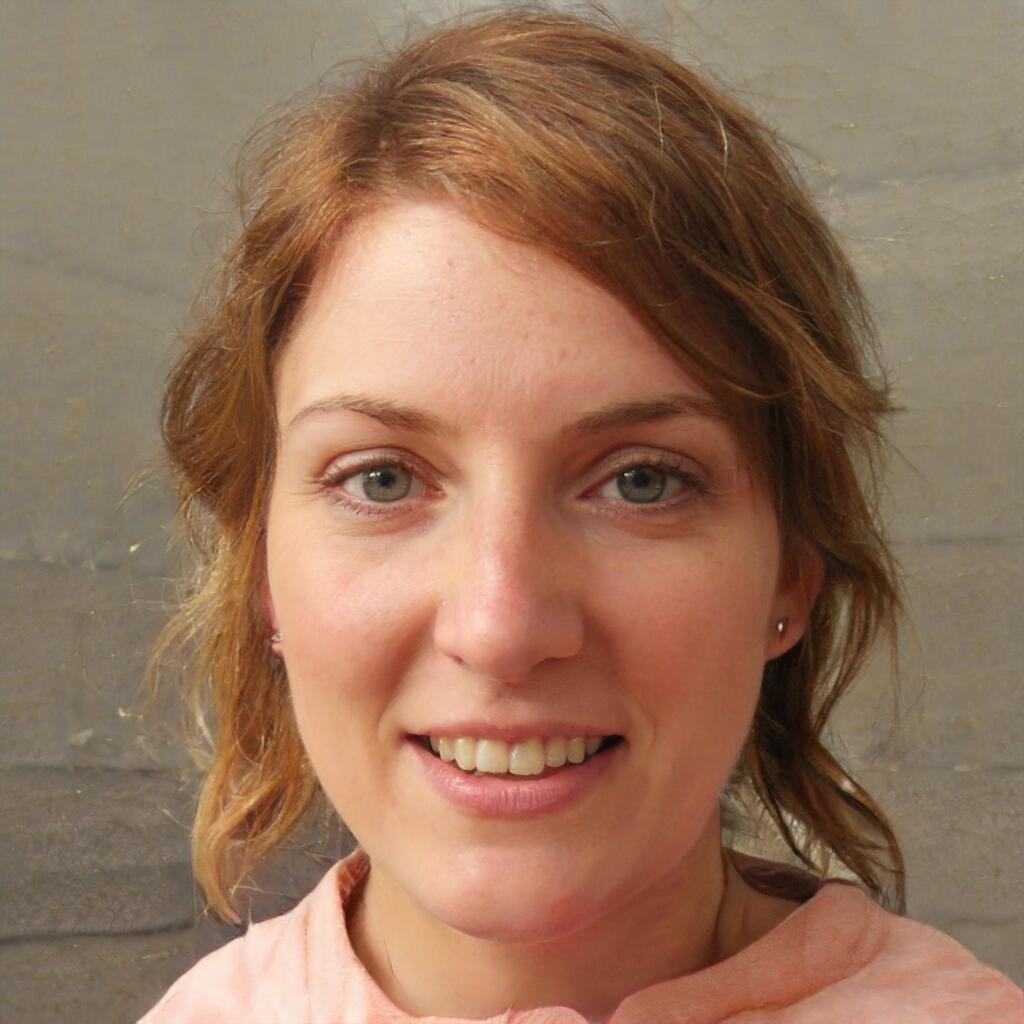Diagnosis And Treatment Of COPD
Chronic obstructive pulmonary disease (COPD) refers to a set of progressive lung diseases that can cause mild to severe breathing problems.
The content has been reviewed for quality and accuracy to the best of our knowledge by Qunomedical and its Medical Board of Experts.
 JuliaPatient Manager
JuliaPatient Manager“Qunomedical helped me so much! Thank you!“
“Qunomedical helped me so much! Thank you!“
Gallery
Basic anatomy of the human lungs.
Basic anatomy of the human lungs.
Diagnosis And Treatment Of COPD Quick Details
WHO IS THIS FOR
Patients who have been diagnosed with COPD.
TREATMENT DURATION
The duration depends on what treatment/combination of treatments you are undergoing for your specific case.
Some medication may be prescribed for daily use, whereas some are taken as needed.
The surgeries take up to a few hours.
POTENTIAL RISKS & SIDE EFFECTS
Oral/Inhaled steroids: throat infections, cough, water retention, hypertension. Bronchodilators: headaches, palpitations, nausea.
Surgery: organ rejection, bleeding, infection, arrhythmia, heart attack, hypertension, air leakage, stroke, pneumonia.
Causes and Symptoms of COPD
COPD includes the following basic diseases:
Emphysema: This affects the alveoli, which are small sacs found at the end of bronchioles. They are the basic unit of respiration responsible for getting oxygen into our bloodstream and removing carbon dioxide. In emphysema, the alveoli become thinned out, and the walls are damaged. As a consequence, the alveoli can no longer support the bronchial tubes, which collapse and cause an obstruction. Due to this, the air is then trapped in the lungs, making it hard for the old air to move out and new air to move in. Hence, oxygen is harder to get in and carbon dioxide is harder to move out.
Chronic bronchitis: Chronic bronchitis is caused by an inflammation of the bronchial tubes. The inflammation causes the build of mucus, which leads to persistent coughing and difficulty breathing.
Refractory asthma: This type of asthma is different from usual type asthma because medication cannot reverse the tightening of the airways.
Causes of COPD
The main causes are as follows:
Smoking: This is the single most common, and most influential cause. COPD is known to occur most often in individuals over the age of 40, who have a history of smoking.
Environmental factors: Exposure to specific chemicals such as welding fumes or coal dust as well as long term exposure to secondhand smoke.
Genetic factors: Deficiency of Alpha-1-antitrypsin has been known to cause COPD in certain cases. Additionally, some genetic factors make smokers more prone to getting COPD.
Symptoms of COPD
The main symptoms associated with COPD are:
Persistent coughing.
Increased breathlessness and shortness of breath.
Tightness in your chest.
Wheezing.
Numerous respiratory infections.
These may be accompanied by blueness of your lips/fingernails or unintended weight loss.
Diagnosis & Treatment
Diagnosis and Screening
COPD is diagnosed in the following way:
Spirometry: This is a simple test that is often used to diagnose COPD, and its severity. To perform this test, you will be asked to blow out with all your strength into a mouthpiece connected to the spirometer. The machine measures the Forced Expiratory Volume (FEV1) which measures how much air a person can exhale during the first second. Your doctor can use this information along with evaluating your symptoms, to determine what stage of COPD you belong to.
A CT scan/X-ray: This is done to look at your lungs in more detail. This is done to rule out any other causes of your symptoms. Blood tests: To rule out other disease that may cause similar symptoms. A blood test may also be done to check for an alpha-1-antitrypsin deficiency.
How Is COPD Treated?
COPD is usually treated with medication, the different types including the following:
Bronchodilators
Inhaled steroids
Combination inhalers
Oral steroids
Phosphodiesterase-4 inhibitors
Antibiotics
In smaller cases, surgery may be recommended:
Lung transplant: It is a major operation, and has significant risks and life-long care associated with it. But, it can drastically improve your breathing ability.
Lung volume reduction surgery: In this surgery, the surgeon removed pieces of damaged tissue. This allows the leftover healthy tissue to expand and consequently improve your ability to breathe.
Bullectomy: When alveoli are damaged, large air spaces known as bullae are created in your lungs. During a bullectomy, the surgeon will remove the bullae to improve air flow through your lungs.
Other treatments:
Pulmonary rehabilitation: You will work with a team of medical specialities that will design a rehabilitation program which will be a combination of exercises, nutritional advice and education. The aim is to improve your symptoms based on an individualized approach, that will supplement your pharmacological treatment.
Oxygen therapy: You may be offered supplemental oxygen in case you do not have enough oxygen in your blood. This can be done through several devices, many of which are portable.
What Should I Expect From This Procedure?
As the name suggests, COPD is a progressive disease. But, when diagnosed at the right time and with a combination of pharmacological and rehabilitation it can be managed to a large degree. Making a major lifestyle change especially cutting out smoking, eating healthier and having some kind of activity will be a large part of your recovery process. If you are struggling with your mental health, be it following the diagnosis or during the course of the treatment, do not hesitate to get in touch with a counselor or a doctor or speak open to your family and friends. Lastly, feel free to always discuss more options with your doctors, there are always developments in the field of medicine which could be of help to you.

Patient manager
Frieda
Your personal Patient Manager
Let's talk
Still unsure? Feeling overwhelmed? Talking to a real person can give you the guidance and reassurance needed. You don’t have to do it alone. Let’s find the right doctor together.